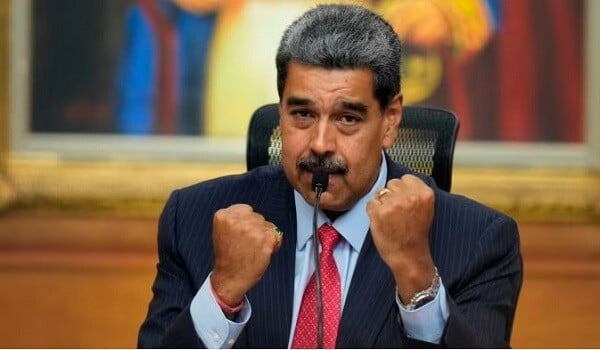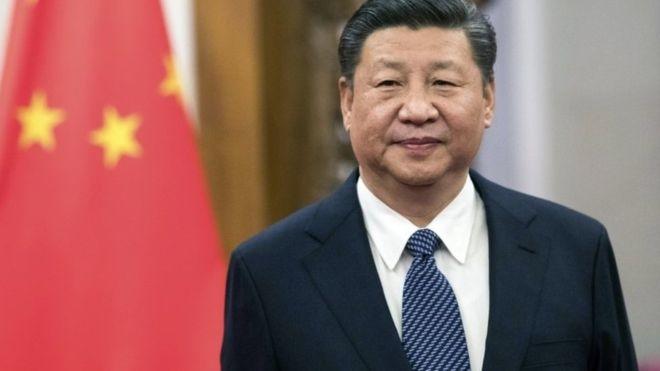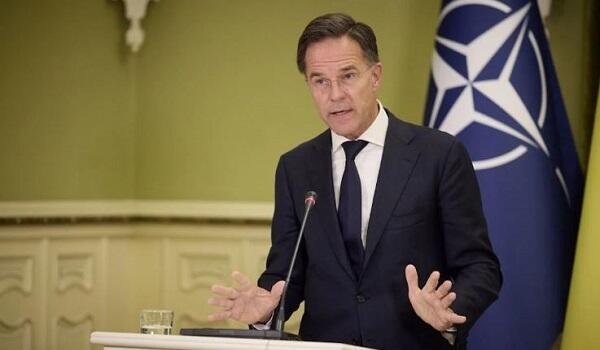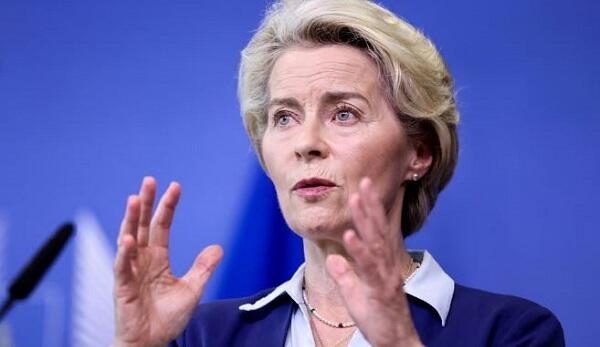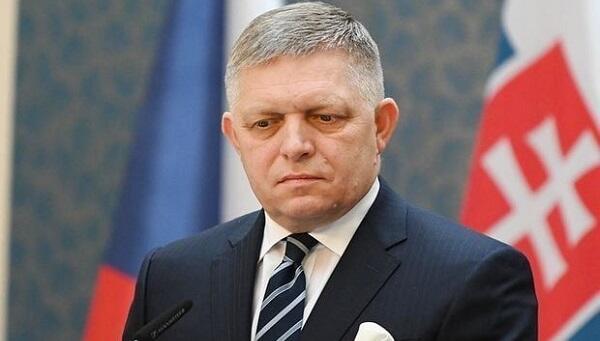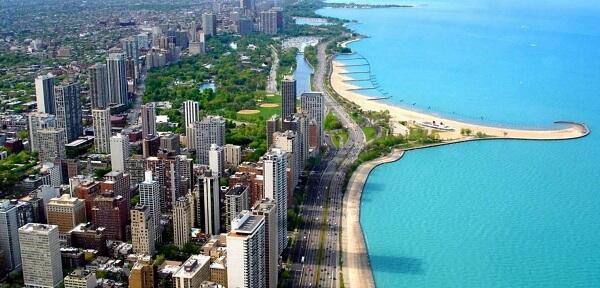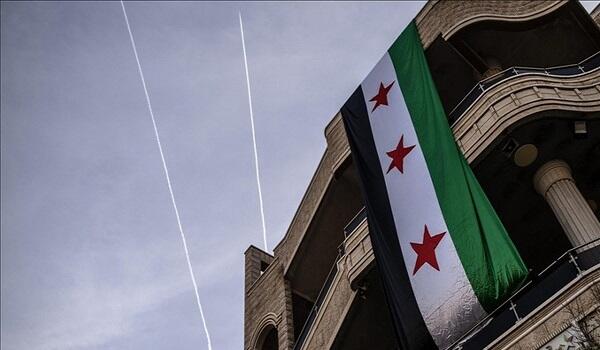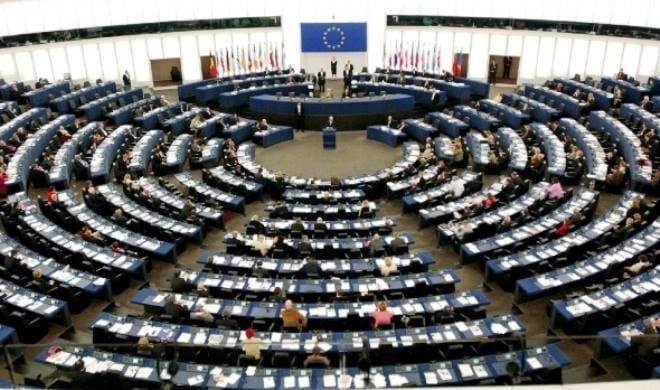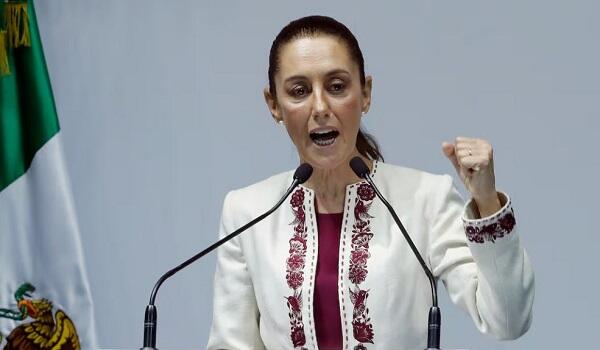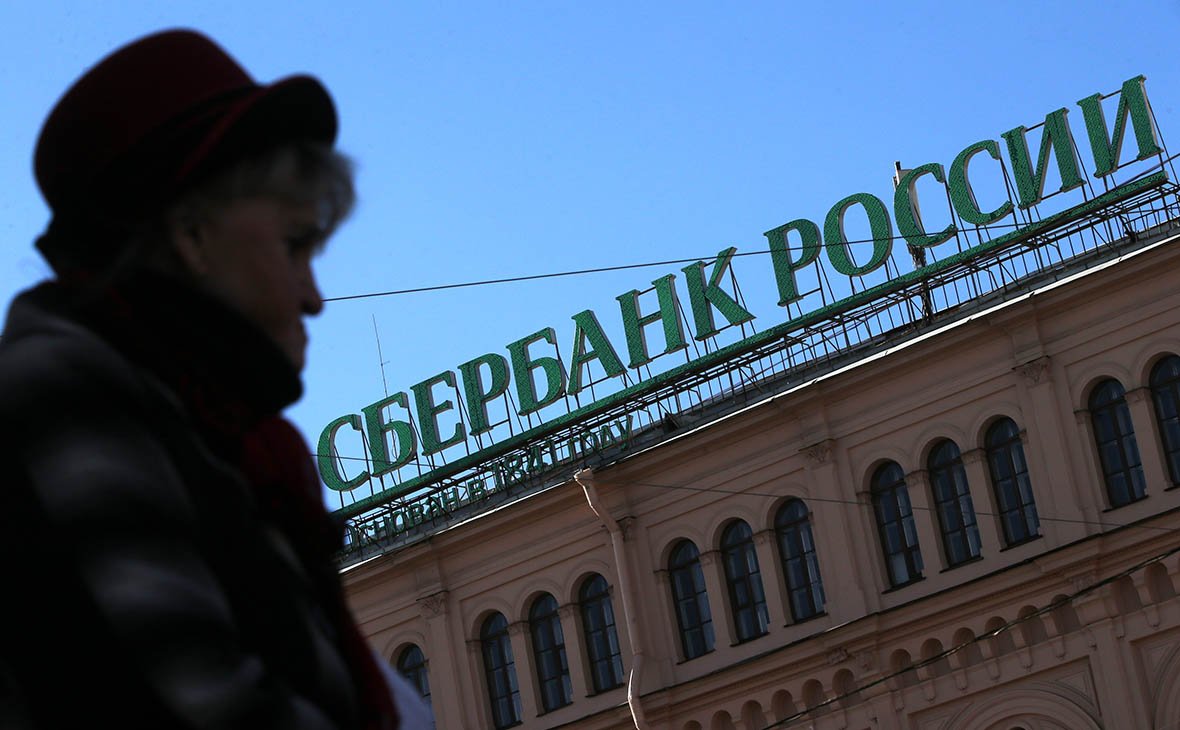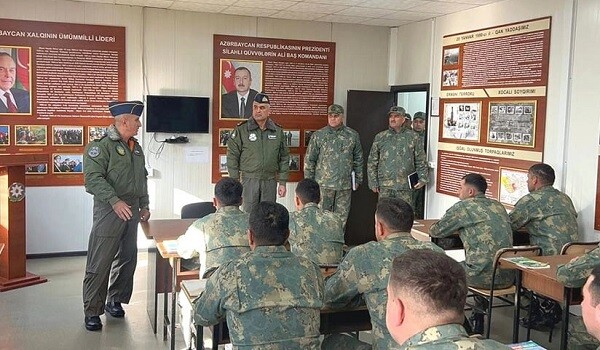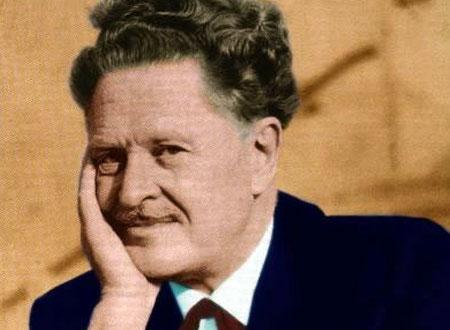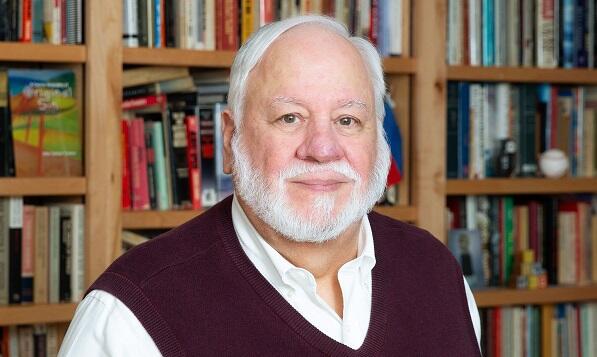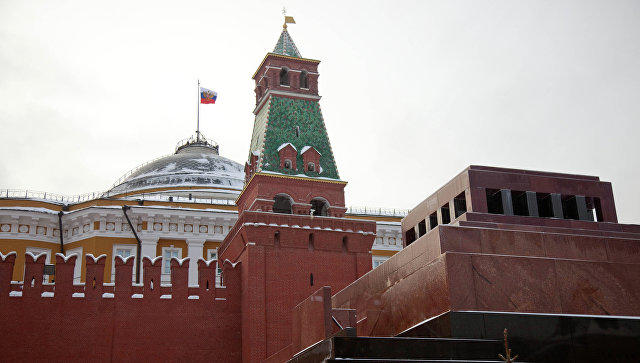Turkish poet Nazım Hikmet was commemorated in a ceremony Sunday on his 55th death anniversary at the famous Moscow cemetery of Novodevichy.
Axar.az informs citing DS.
Huseyin Dirioz, Turkish ambassador to Russia, said in a speech that Hikmet has value for both Turkey and Russia, and his messages for humanity in his work have echoed not only in Turkey but throughout the world.
Turkish artists Zulfu Livaneli, Edip Akbayram, Genco Erkal, Sıla Gençoğlu and Hikmet's stepdaughter Anna Stepanova were among the prominent Turkish and Russian guests of the ceremony.
Hikmet's poems were recited during the ceremony and the group later laid clovers on his grave.
Several other programs were also planned in Moscow to commemorate the "blue-eyed giant" of Turkish poetry.
Hikmet is regarded among main pillars of modern Turkish literature. He gained worldwide fame for his anti-imperialist and anti-war stance, embodied in his famous poem "The Little Girl of Hiroshima," which describes a girl killed by the nuclear bomb detonated at Japan's Hiroshima city in World War II.
Born in Thessaloniki, then part of the Ottoman Empire, Hikmet's father was a Turkish-Circassian government official, while his mother's family had two pashas of Polish and German origin. Hikmet graduated from Ottoman Naval School in 1918 and briefly served as a naval officer until 1920. He later joined the Nationalist government in Anatolia and served as a teacher, then headed to Moscow over Batumi to study and to experience the early years of the Russian Revolution.
His first poetry book was published in the USSR in 1924, and he returned to Turkey the same year. Due to his communist views and publications, Hikmet was not on good terms with the Republican People's Party's (CHP) single-party regime. He was sentenced to 15 years in prison in 1924 due to his publications, as a result of which he fled to the USSR. But, he returned to the Republic of Turkey in 1928 after an amnesty law was issued.
He was, however, again sentenced with 28 years in 1938 and served 12 years until he was released by an amnesty in 1950 as his health deteriorated and as many Turkish intellectuals and renowned figures like Pablo Picasso and Jean-Paul Sartre campaigned against his imprisonment.
Due to anti-communist public sentiment and government policies of the post-World War II era, fearing that he might be persecuted or taken into the military for compulsory service, Hikmet first escaped to Romania, then to the USSR. His citizenship was revoked by the Democratic Party government in 1951. Until his death in 1963, Hikmet lived in the USSR and married his second wife Vera there. He also held anti-war and anti-imperialism conferences and radio programs in various countries.
Hikmet's works and many other compositions and writings influenced by Hikmet were effectively banned in Turkey until late 1990's, while a de jure ban over his works remained until as late as 2013. The cabinet decision of his expatriation was revoked in 2009, after 58 years.
